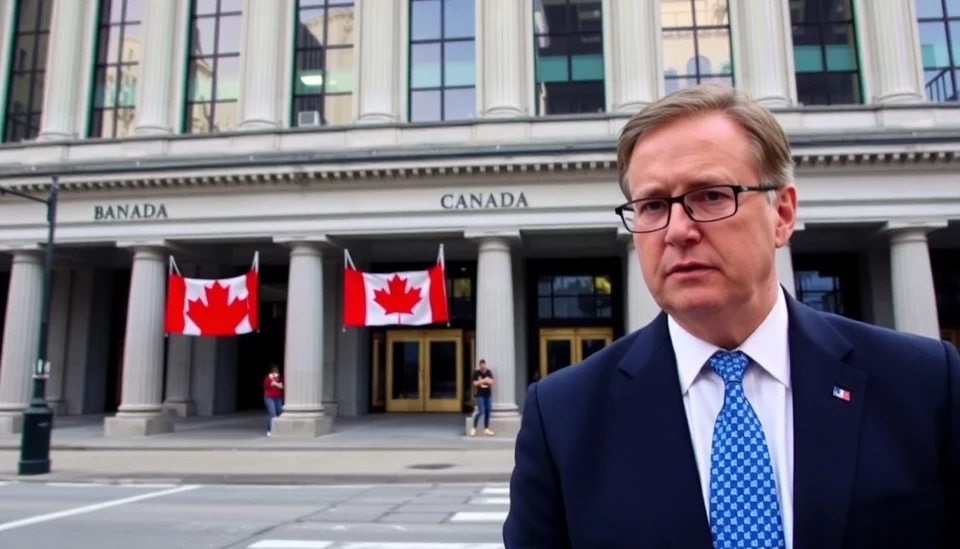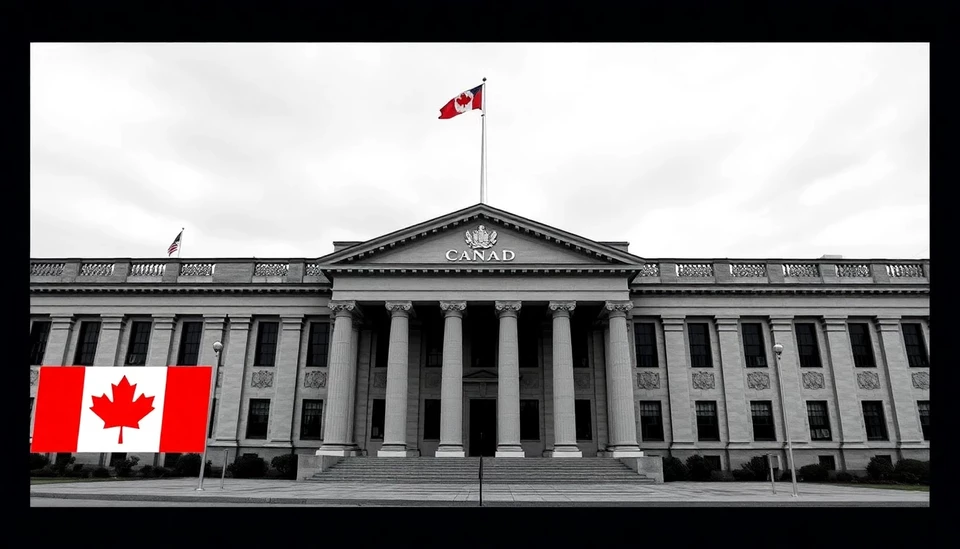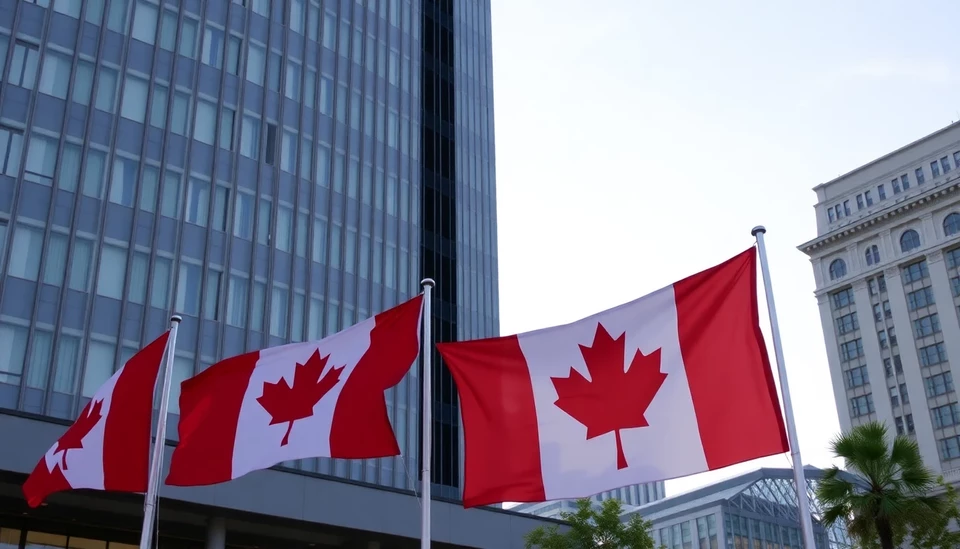
In a significant diplomatic exchange, Canadian officials have articulated their own crop of complaints regarding border issues with the United States. This reaction comes in the midst of heightened tensions concerning immigration policies and cross-border regulations affecting both nations. Canada, while receptive to dialogue about border management, has made it clear that it too has key concerns needing attention.
The backdrop for this exchange is characterized by a series of recent unilateral decisions by the U.S. government that have exacerbated the flow of migrants at the Canada-U.S. border, compelling Canadian authorities to respond. In recent months, Canada has seen an influx of asylum seekers entering from the United States, leading to what officials describe as pressure on border control resources and social services.
One of Canada's primary complaints revolves around the "Safe Third Country Agreement"—a policy that requires asylum seekers to make their claims in the first country they enter. Canadian officials have indicated that the agreement has not been effective in real-world applications, as many individuals are crossing into Canada outside of official checkpoint protocols, bypassing the established processes designed to manage asylum claims.
The federal government in Canada is particularly concerned that the current arrangement may not adequately protect the interests of displaced individuals who are seeking refuge from dangerous conditions back home. As the U.S. continues to shift its immigration policies, Canada fears that this situation will only worsen, forcing greater numbers of migrants to make perilous crossings into Canadian territory.
In recent discussions, Canadian representatives have conducted talks with their U.S. counterparts, indicating that they wish to enhance collaboration to better manage border issues. This includes addressing pressing concerns over illegal crossings and exploring how both countries can adjust their legal frameworks to promote orderly and safe migration processes.
Furthermore, Canada has expressed its grievances regarding certain policies that have increased the burden on its immigration system. Those policies, perceived as restrictive or punitive, have implications not only for asylum seekers but also for international relations between the neighboring nations.
Ultimately, both nations will need to engage in constructive dialogue that takes into consideration each country's perspectives and challenges. The future of the Canada-U.S. border remains a critical component of bilateral relations, and how both nations navigate these emerging concerns could set the tone for years to come.
As discussions evolve, it is worth keeping an eye on how these diplomatic interactions unfold and whether they lead to actionable resolutions that benefit both countries and the individuals seeking refuge within their borders.
In a world where immigration and border security remain hot-button issues, this response from Canada underscores the complexity of managing cross-border relations. As each nation raises its respective complaints, the hope remains that mutual understanding and cooperation can pave the way for more efficient border management strategies.
Stay tuned for updates as this situation develops.
#Canada #USA #BorderIssues #Immigration #Diplomacy #SafeThirdCountry
Author: Laura Mitchell




